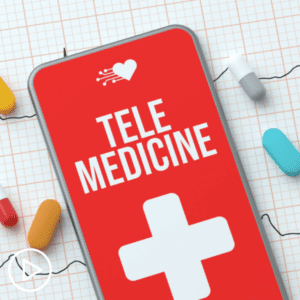Has acute myeloid leukemia (AML) monitoring changed during the COVID-19 pandemic? Watch as expert Dr. Catherine Lai shares how patients and caregivers were impacted in their AML care and gives advice on ways to provide optimal care for patients.
Related Resources
Transcript
Sasha Tanori:
Can you speak to the advances and treatment options for high-risk AML patients?
Dr. Catherine Lai:
Yes, so, fortunately, we have made a lot of progress in the AML space, that is one thing that is really exciting, I would say. Since 2017, there have been nine FDA approvals for AML, and prior to 2017, and we have been using the same chemotherapy for the last 40 years. Now, that’s not for lack of trying. There are many leukemia physicians who have been working at this for the duration of their careers, but AML just is very heterogeneous, and it’s very smart. It’s smarter than we are, and it’s constantly changing, and so that has made it challenging in terms of being able to treat it. So there are newer treatment options, both modifications to traditional chemotherapy as well as other targeted therapies that have improved the landscape for AML and high-risk AML in particular. That’s awesome.



